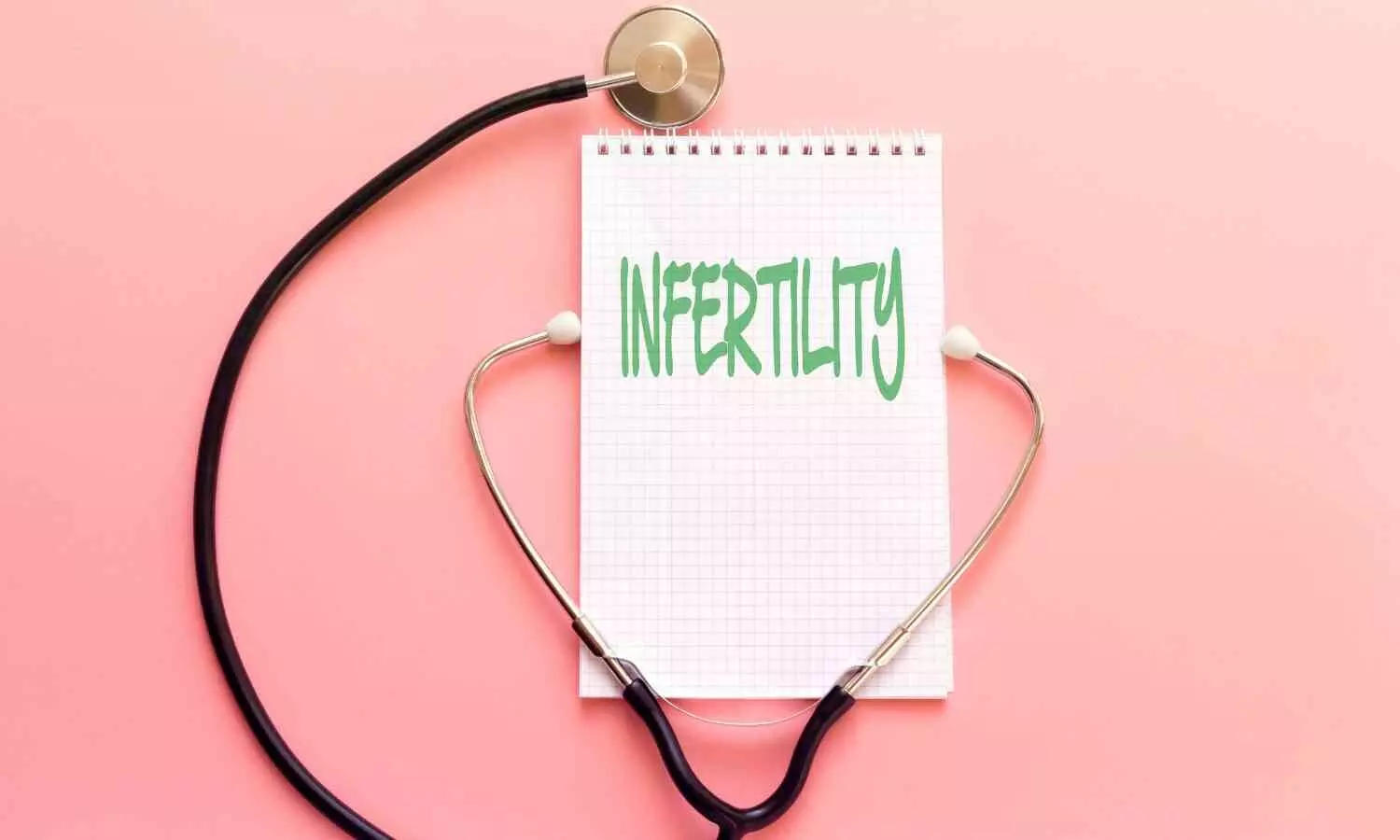Cardiovascular health maintenance important in reducing the female infertility risk, suggests research

A new study by Meiyan Luo and team showed a negative correlation between cardiovascular health and infertility, where blood glucose, BMI, and physical activity were the important markers of cardiovascular health that affect fertility. The findings of this study were published in the journal of PLOS ONE.
An estimated 8 to 12% of couples worldwide have female infertility that is caused by a complex interaction of variables affecting both spouses. About half of infertility instances are caused by male causes, whereas only 20 to 30% are caused by female factors. Few researches indicated a possible relationship between female infertility and cardiovascular diseases (CVD), which raised the possibility of infertile women to have a higher lifetime risk of developing CVD. This interaction is demonstrated by the relationship between polycystic ovary syndrome (PCOS) and cardiovascular risk. While some research suggest that women who undergo irregular menstruation may experience a somewhat higher incidence of cardiovascular events, there is insufficient data to establish a robust correlation between cardiovascular events and hyperparathyroidism. Thereby, this study utilized extensive data from the National Health and Nutrition Examination Survey (NHANES) to explain the association between female infertility and cardiovascular health (CVH) measured by the LE8 score.
This cross-sectional study included females from the NHANES who were at least 20 to 49 years old. The LE8 score which included 8 domains including physical activity, dietary pattern, amount of sleep, exposure to nicotine, body mass index (BMI), fasting blood glucose, lipid profile and blood pressure levels evaluated CVH. Using logistic regression models that controlled for relevant confounders such as race/ethnicity, age, and socioeconomic level, the relationship between reported infertility and CVH scores was investigated.
The key finding of this study showed a significant negative relationship between female infertility and CVH scores (per 10 scores). The participants with higher levels of CVH had a 41% reduced risk of female infertility than the individuals with lower levels. Lower risks of infertility were associated with a higher total CVH scores, especially in BMI, physical activity and blood glucose.
Overall, the results of this study found a substantial inverse relationship between female infertility and cardiovascular health through the LE8 score. This emphasizes the necessity of integrated health programs that prioritize both cardiovascular and reproductive wellness in order to improve female reproductive outcomes.
Reference:
Luo, M., Li, J., Xiao, X., Wu, P., & Zhang, Y. (2024). Associations between cardiovascular health and female infertility: A national population-based study. In G. Santulli (Ed.), PLOS ONE (Vol. 19, Issue 7, p. e0306476). Public Library of Science (PLoS). https://doi.org/10.1371/journal.pone.0306476



